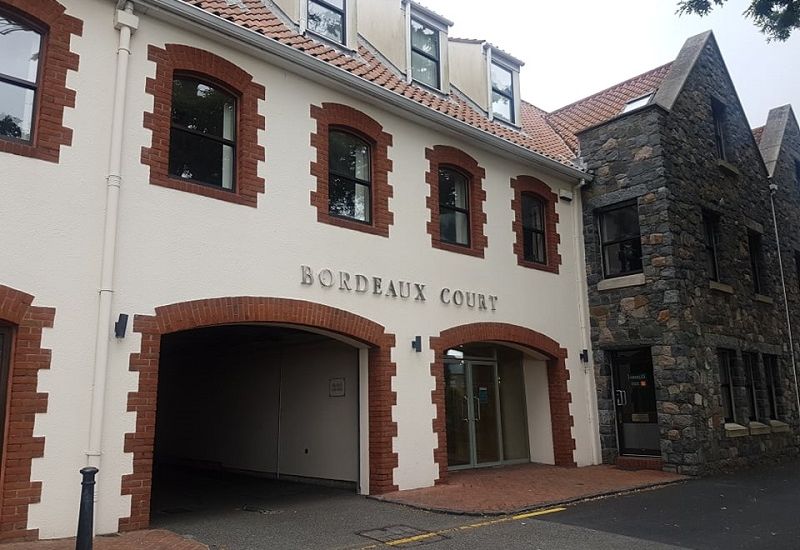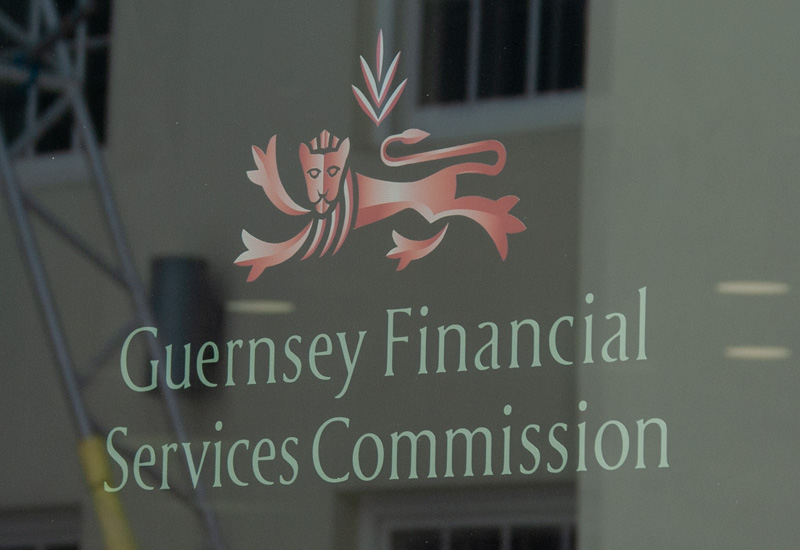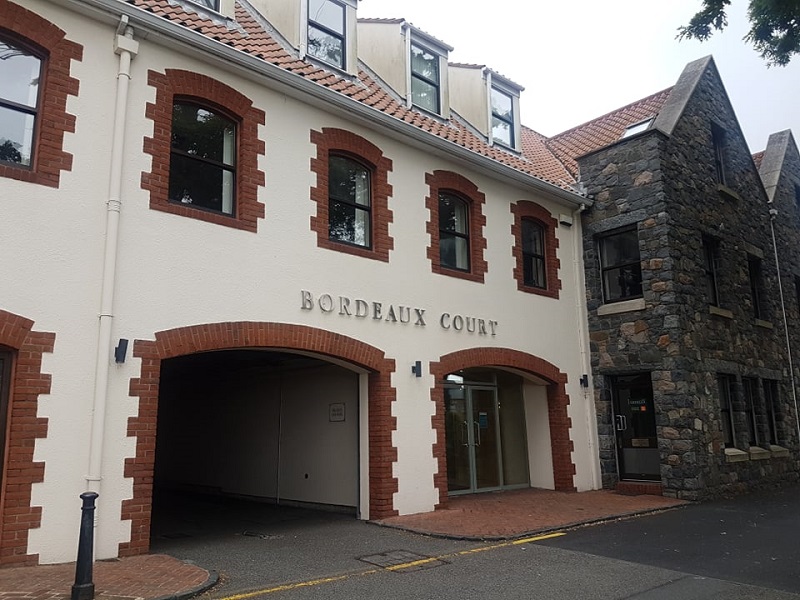


A now-liquidated Guernsey trust company managed USD 1.1 billion of client assets without corroborating the source of funds.
An investigation by the Guernsey Financial Services Commission also found that Standard Chartered Trust (Guernsey) Limited transferred USD 1.4 billion of assets to another jurisdiction when there was concern regarding potential tax evasion. USD 265 million of those funds were subsequently declared in a tax amnesty.
The GFSC has decided to impose a financial penalty of £140,000, citing numerous mitigating factors.
A Group Internal Audit between September and December 2012 highlighted a number of serious issues. A full risk assessment of the licensee in May 2014 and then again in December 2016 further exposed these failings relating to financial crime control.
That same year, Standard Chartered Guernsey informed the Commission that it was intending to close down over the next twelve months, however it was not liquidated until 2020.

Pictured: The GFSC's Enforcement Division’s investigation into Standard Trust commenced in May 2017.
The GFSC found that the trust firm had "failed to act appropriately" after taking on a block transfer of business from another jurisdiction, giving "insufficient regard" to whether any of its clients’ funds had evaded taxes and were the proceeds of crime.
Bypassing its normal client on-boarding procedures, Standard Chartered instructed employees to take on the business "as quickly as possible", without the involvement of the firm’s compliance department and forgoing any review of these high-risk clients until 12 months later.
One high-risk client (“Client C”) was a prominent business owner and Politically Exposed Person (PEP) with an estimated wealth of over USD 270 million. Despite having knowledge in 2014 of Client C's links to fraud, money laundering and alleged corruption, Standard Trust Guernsey decided in 2015 to retain the business.
On 12 December 2019, the firm concluded that the client may have benefitted from criminal conduct and accepted that it could not corroborate Client C’s source of wealth.
Another unnamed high-risk client, (“Client D”) was involved in the merchandising of diamonds and jewellery, and had a reported wealth of over USD 230 million. Because of its lack of compliance, Standard Chartered Guernsey was unable to corroborate his claim that he drew a salary of USD 500k per annum; and Client D’s reported wealth.

Pictured: Standard Chartered Guernsey's former premises at Bordeaux Court.
On 19 May 2020, the Royal Court of Guernsey appointed joint liquidators to wind up the firm, with all operations moved out of Guernsey.
The GFSC ruled that the licensee had exposed itself and the Bailiwick to a significant risk of financial crime and reputational damage.
In its judgment, the GFSC explained the fine that was handed out, citing numerous 'mitigating factors'. These were that:
The Licensee and Group embarked upon their own investigation when regulatory breaches were identified with the clients that had transferred to SCTS;
The vast majority of failings originated prior to September 2016 and the Licensee has conducted a substantial remediation of its entire client base since this date;
No evidence has been seen by the Commission to indicate that the Licensee’s failings were purposeful or malicious.
Comments
Comments on this story express the views of the commentator only, not Bailiwick Publishing. We are unable to guarantee the accuracy of any of those comments.